
Can You Take the NCLEX Without Going to Nursing School? What You Need to Know
Is It Possible to Take the NCLEX Without completing Nursing School? Can you take the nclex without going to nursing school? These are all questions we must have asked ourselves before. The NCLEX (National Council Licensure Examination) is the gold-standard test for becoming a licensed nurse in the United States and Canada. A common question that aspiring nurses often ask is: Can I take the NCLEX without going to nursing school?
This curiosity usually arises from unique situations, such as informal healthcare experience, international education, or the belief that self-studied nursing knowledge can substitute for formal education. However, the path to sitting for the NCLEX is not as straightforward as it may seem.
This guide breaks down the role of nursing school in NCLEX eligibility, explores alternative pathways for international candidates and healthcare workers, and clears up misconceptions about bypassing formal education.
Why Nursing School Is Essential for NCLEX Eligibility: Is It Possible to Take the NCLEX Without completing Nursing School?
Nursing school is the backbone of NCLEX preparation. It provides a comprehensive mix of classroom theory and clinical experience that prepares candidates to meet the standards set by the Boards of Nursing (BON).
1. The Role of Accredited Nursing Programs
Accredited programs ensure that candidates:
- Gain Practical Clinical Skills: Nursing school provides hands-on clinical experience essential for safe and effective care.
- Align with NCLEX Content Areas: Curricula focus on the key NCLEX content domains, including:
- Safe and Effective Care Environment
- Health Promotion and Maintenance
- Psychosocial Integrity
- Physiological Integrity
2. State Board of Nursing Requirements
Each U.S. state has its own Board of Nursing (BON) that governs NCLEX eligibility. Nearly all BONs require candidates to:
- Graduate from an approved, accredited nursing program.
- Submit transcripts as proof of completed coursework and clinical hours.
Is It Possible to Take the NCLEX Completing Nursing School?
Many individuals explore the possibility of taking the NCLEX without attending nursing school due to unique personal circumstances. Here are common scenarios:
Scenario 1: Self-Taught Nursing Knowledge
Some individuals rely on self-study through resources such as:
- Online courses
- Nursing textbooks
- Informal healthcare work experience
The Reality: Self-study alone is not sufficient to qualify for the NCLEX. BONs require proof of formal nursing education to ensure candidates meet minimum competency standards.
Scenario 2: Healthcare Workers with Prior Experience
Candidates who have experience in healthcare roles—such as CNAs (Certified Nursing Assistants), medical assistants, or paramedics—may believe they are qualified to take the NCLEX.
Why This Doesn’t Work:
- These roles, while valuable, do not meet the comprehensive educational and clinical training requirements set by nursing programs.
- NCLEX eligibility mandates graduation from a recognized RN or PN program.
What Are the Alternatives If You Haven’t Attended Nursing School?
Can you take the nclex without going to nursing school? If you haven’t completed formal nursing education but aspire to take the NCLEX, here are the pathways you can pursue:
1. Enroll in an Accredited Nursing Program
The most straightforward solution is to attend a state-approved RN or PN program. Options include:
- Associate Degree in Nursing (ADN): Typically a 2-year program that qualifies you for the NCLEX-RN.
- Bachelor of Science in Nursing (BSN): A 4-year program offering comprehensive education.
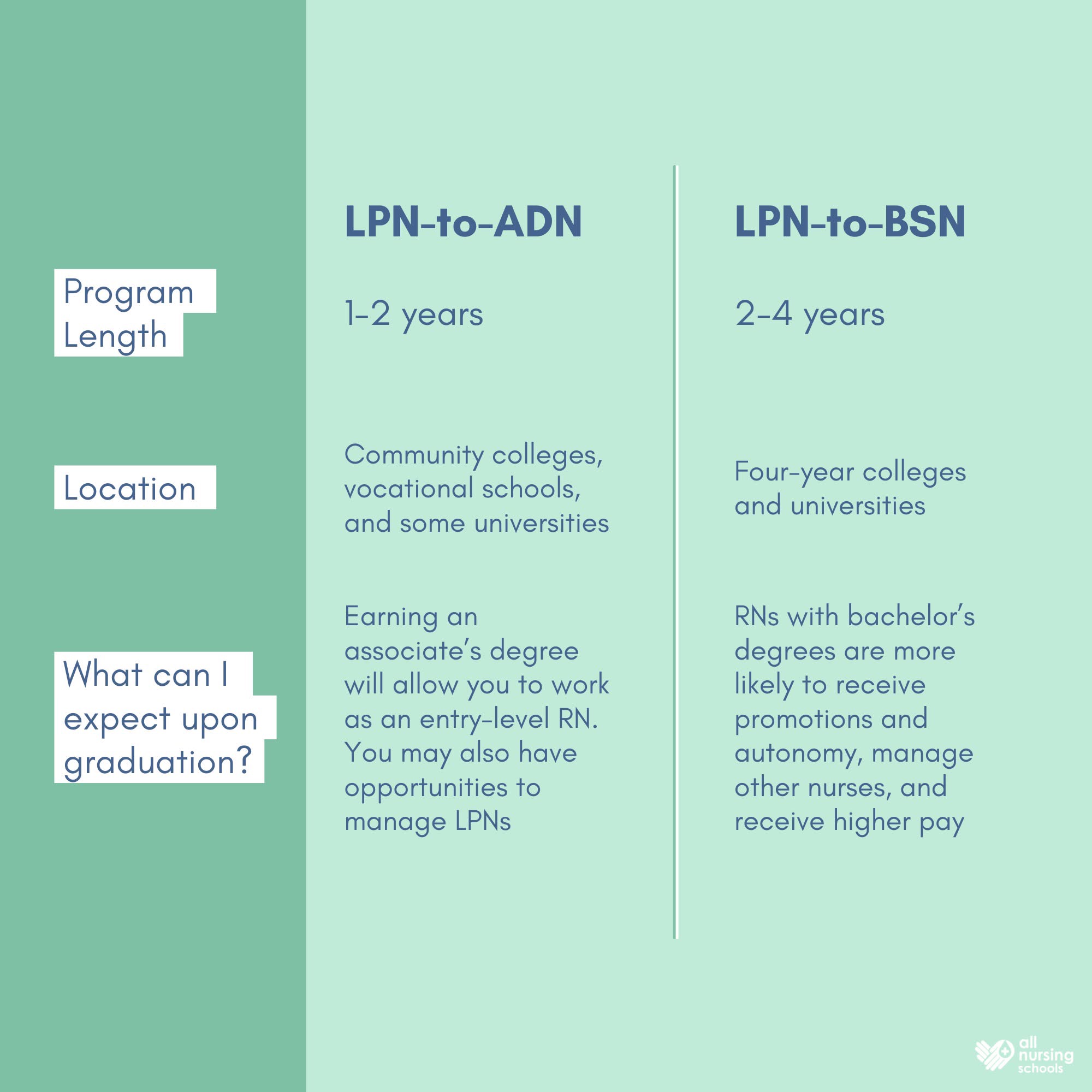
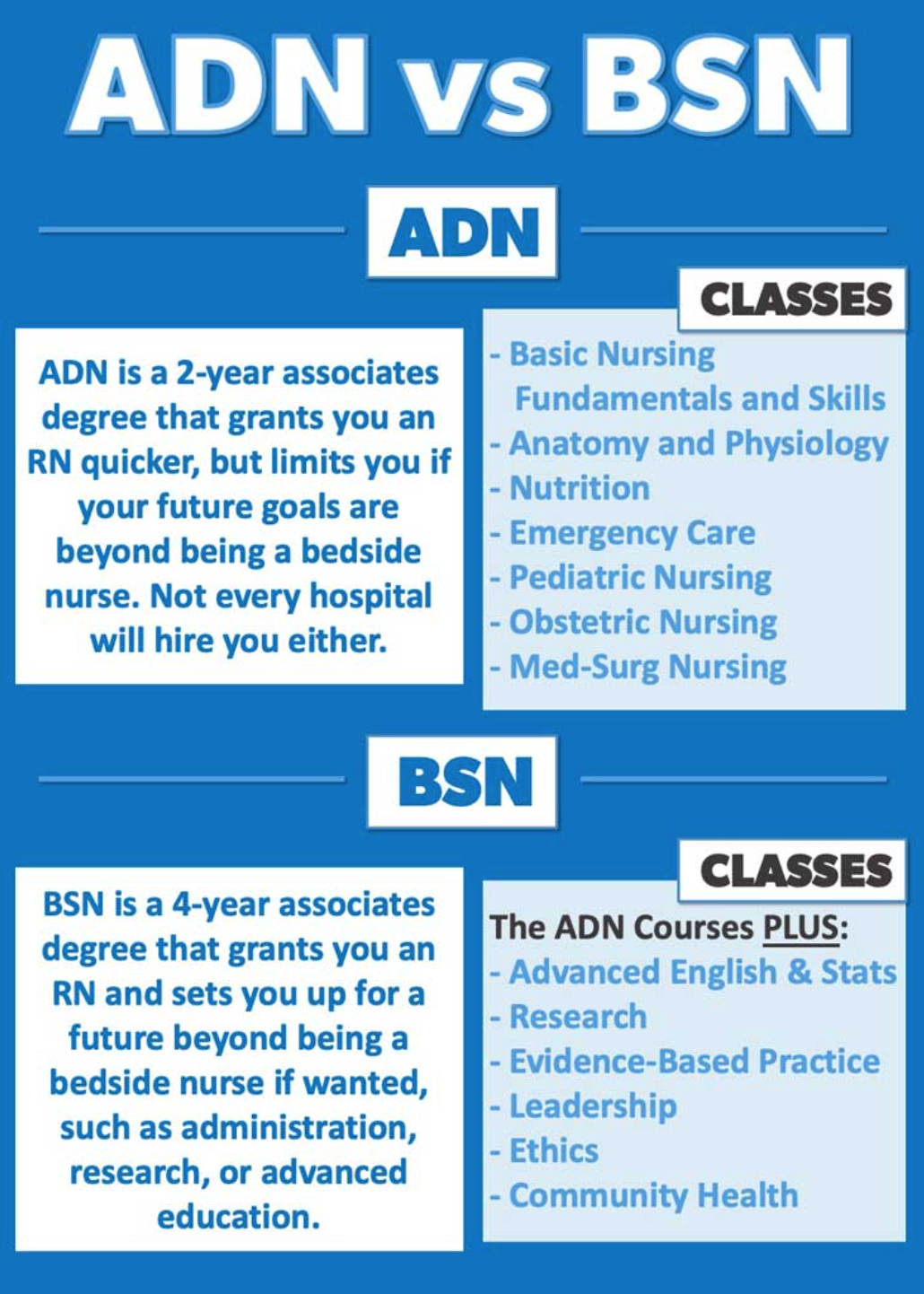
2. Bridge Programs for Healthcare Professionals
Candidates with prior healthcare experience can explore bridge programs:
- LPN-to-RN Programs: For licensed practical nurses seeking RN licensure.
- Paramedic-to-RN Programs: Designed for paramedics transitioning to nursing roles.
Why This Works:
Bridge programs recognize prior experience while providing the clinical and theoretical training required to qualify for the NCLEX.
3. For International Nurses: Apply for Credential Evaluation
As mentioned earlier, international nurses can undergo credential evaluation to validate their education.
Steps to Follow:
- Apply to a credential evaluation service (e.g., CGFNS).
- Submit transcripts and proof of clinical training.
- Receive eligibility confirmation from the state BON.
Suggested Read: Find out how to register for nclex and how to sign up for nclex.
Why the NCLEX Requires Formal Education: Is It Possible to Take the NCLEX Without Completing Nursing School?
The NCLEX is not just a knowledge-based exam; it tests critical thinking, clinical decision-making, and patient care abilities. Without the structure of a nursing program, it’s nearly impossible to gain the practical skills needed to:
1. Understand Real-Life Patient Scenarios
Nursing school provides exposure to simulated and real clinical environments where candidates learn to:
- Interpret patient data
- Prioritize care needs
- Communicate effectively with patients and healthcare teams
2. Master NCLEX Question Types
The NCLEX uses complex question formats, such as:
- Select-All-That-Apply (SATA)
- Prioritization Scenarios
- Patient Care Simulations
Nursing programs prepare students for these question types through:
- Practice exams
- Test-taking strategies
- Critical thinking exercises
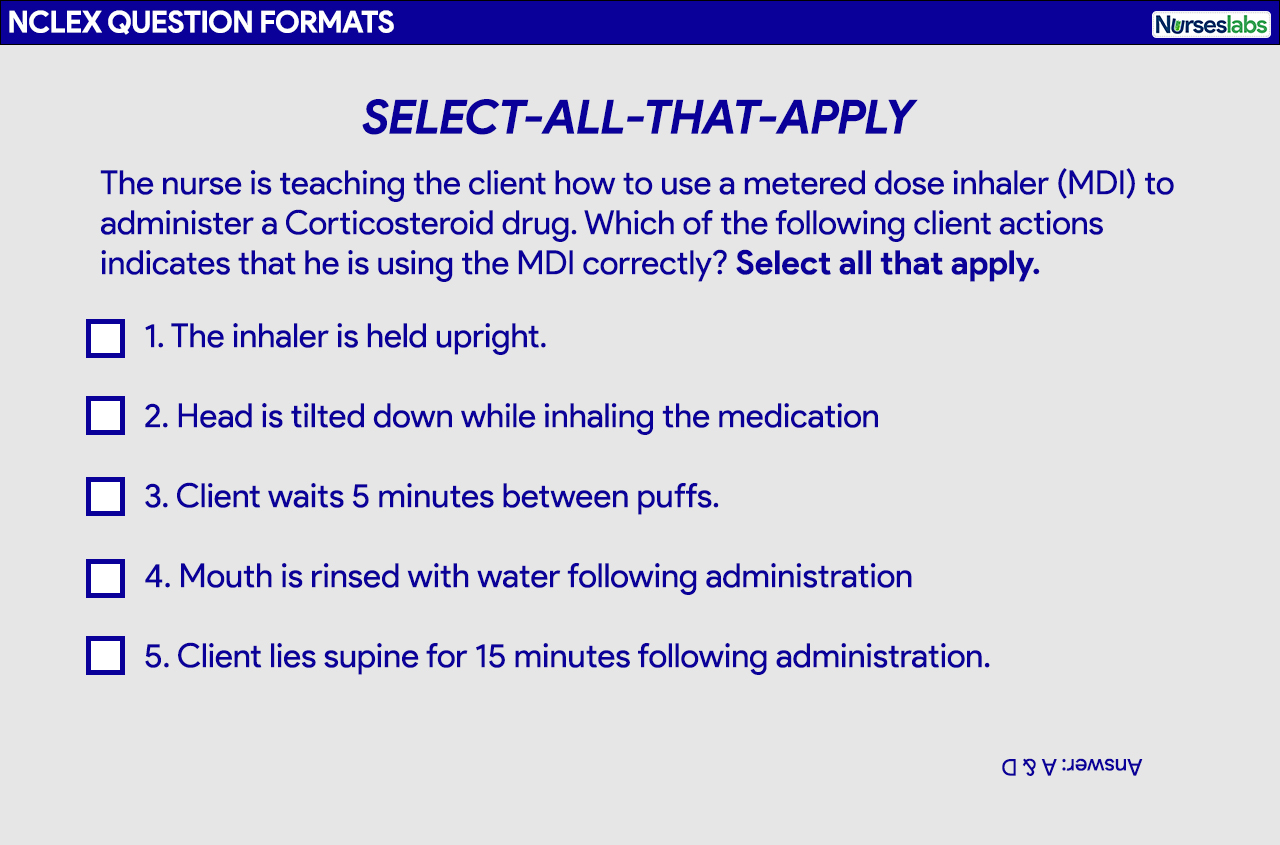
Debunking Myths About Taking the NCLEX Without Nursing School: Is It Possible to Take the NCLEX Without Completing Nursing School?
Let’s clear up some common misconceptions:
Myth 1: You Can Substitute Experience for Education
Reality: Work experience as a CNA, paramedic, or medical assistant does not replace the educational foundation required for NCLEX eligibility.
Myth 2: Online Courses Alone Can Qualify You
Reality: While online programs are helpful, only accredited nursing programs that combine theory and clinical practice meet eligibility standards.
Myth 3: International Candidates Can Skip Steps
Reality: International nurses must go through a credential evaluation process to validate their education before sitting for the NCLEX.
Suggested Read: Does Everyone Pass the NCLEX Eventually? Truth vs Myths.
FAQs About NCLEX Eligibility Without Nursing School: Is It Possible to Take the NCLEX Without Completing Nursing School?
Can You Take the NCLEX If You Studied Nursing Abroad?
Yes, but you must meet the state BON’s requirements through credential evaluation.
Is Online Nursing Education Accepted?
Only if the online program is accredited and state-approved. Programs without clinical experience are not eligible.
What If I’ve Worked as a Nurse Without Formal Education?
In the U.S., you cannot take the NCLEX without formal nursing education, regardless of work experience.
Step-by-Step Guide to Bridge Programs: Your Alternative to Nursing School : Is It Possible to Take the NCLEX Without Completing Nursing School?
For aspiring NCLEX candidates with prior healthcare experience but without formal RN education, bridge programs are a game-changing pathway. These programs combine existing experience with structured nursing education, allowing you to meet NCLEX eligibility faster.
1. Understanding Bridge Programs
Bridge programs are specifically designed for:
- Licensed Practical Nurses (LPNs)
- Paramedics
- Military Medics
- CNAs (Certified Nursing Assistants)
They offer accelerated coursework because they recognize existing healthcare knowledge while filling critical educational gaps.
Key Features of Bridge Programs (H3)
- Shorter Duration: Programs typically range from 12 to 24 months, compared to 2-4 years for traditional nursing programs.
- Flexible Learning: Many bridge programs offer hybrid options (online theory + in-person clinical hours).
- NCLEX Eligibility: Completing a bridge program ensures you meet the requirements to sit for the NCLEX-RN exam.
2. Types of Bridge Programs (H3)
LPN-to-RN Bridge Programs
- Designed for licensed practical nurses (LPNs) who want to advance to registered nurse (RN) status.
- Focus areas include critical care, leadership, and advanced clinical skills.
Program Duration: 12-18 months.
Paramedic-to-RN Bridge Programs
- Tailored for paramedics with emergency care experience who want to transition to nursing.
- Combines prior knowledge of trauma care with advanced nursing theory and clinical practice.
Program Duration: 18-24 months.
CNA-to-RN Programs
- CNAs build on their foundational skills to pursue an RN license.
- Includes comprehensive coursework and clinical rotations to meet NCLEX standards.
Program Duration: 24 months.
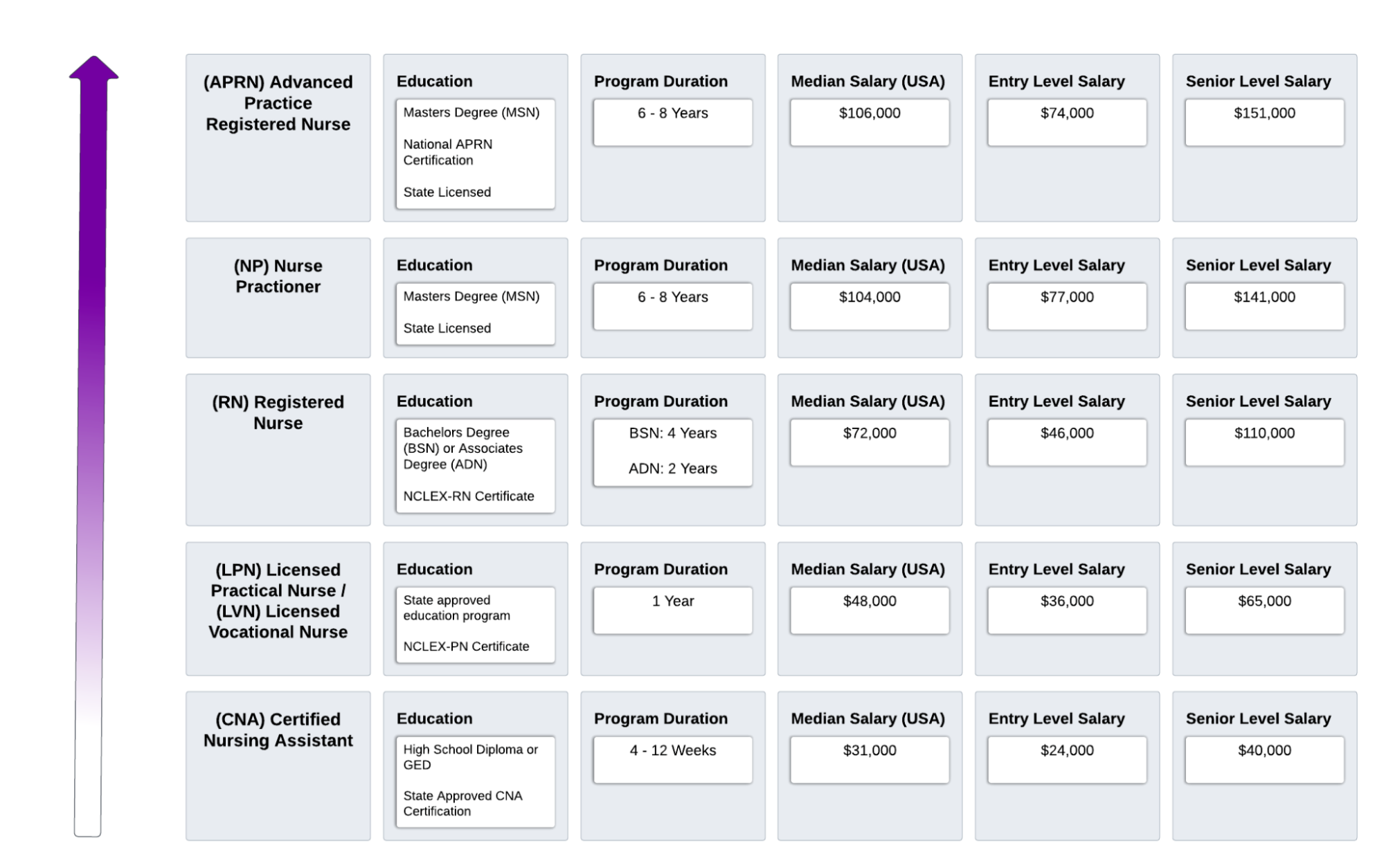
Step-by-Step Process for International Nurses to Qualify for NCLEX: Is It Possible to Take the NCLEX Without Completing Nursing School
If you’re an internationally educated nurse, you can’t bypass nursing school entirely, but you can validate your credentials to meet U.S. standards. Here’s the step-by-step process:
Step 1: Credential Evaluation
Start by applying to an approved credentialing agency:
- CGFNS (Commission on Graduates of Foreign Nursing Schools)
- Educational Records Evaluation Service (ERES)
These agencies review your nursing education, clinical hours, and licensing from your home country to determine U.S. equivalence.
Step 2: Submit Documentation
Prepare the following documents:
- Nursing school transcripts
- Proof of completed clinical practice hours
- Nursing license verification from your home country
Pro Tip: Ensure all documents are translated into English by a certified translator.
Step 3: State Board Approval
After credential evaluation, submit your application to the State Board of Nursing where you plan to practice. The BON will confirm your eligibility to sit for the NCLEX.
Step 4: NCLEX Preparation
Prepare rigorously for the NCLEX with resources tailored for international nurses, such as:
- Nclexreviewprep.com: Access the exact exam questions and answers for targeted preparation, get your license directly or upgrade your nclex score.
- UWorld: Practice questions with in-depth rationales.
- Saunders Comprehensive Review: Covers all NCLEX content areas.
Key Challenges for Those Seeking to Skip Nursing School: Can you take the NCLEX without going to nursing school?
While bridge programs and international credential validation offer alternatives, bypassing formal education altogether presents significant challenges:
1. Lack of Clinical Experience
Formal nursing programs include extensive clinical rotations where students gain hands-on experience with real patients. Self-study cannot replicate this essential component of nursing education.
2. Misunderstanding NCLEX Requirements
Many candidates mistakenly believe prior healthcare roles, such as CNAs or EMTs, automatically qualify them for the NCLEX. However, eligibility requires:
- Graduation from a BON-approved nursing program.
- Proof of theoretical and clinical competencies.
3. State-Specific Eligibility Rules
NCLEX eligibility requirements can vary by state. Candidates attempting to bypass nursing school may face strict denials from BONs in certain states.
Pro Tip: Research the BON guidelines in your desired state before pursuing alternative pathways.
Key Takeaways: The Path to NCLEX Eligibility: Can you take the NCLEX without going to nursing school?
- Nursing School Is Non-Negotiable: Completing an accredited nursing program remains the primary route to NCLEX eligibility.
- Bridge Programs: For experienced healthcare workers, bridge programs offer a faster, structured pathway to becoming an RN.
- International Nurses: Follow the credential evaluation process to qualify for the NCLEX.
We have successfully answerd the questions, “Is It Possible to Take the NCLEX Without Completing Nursing School and Can you take the NCLEX without going to nursing school”. By understanding the requirements and exploring alternative options, candidates can confidently pursue their goal of becoming licensed nurses without misconceptions.

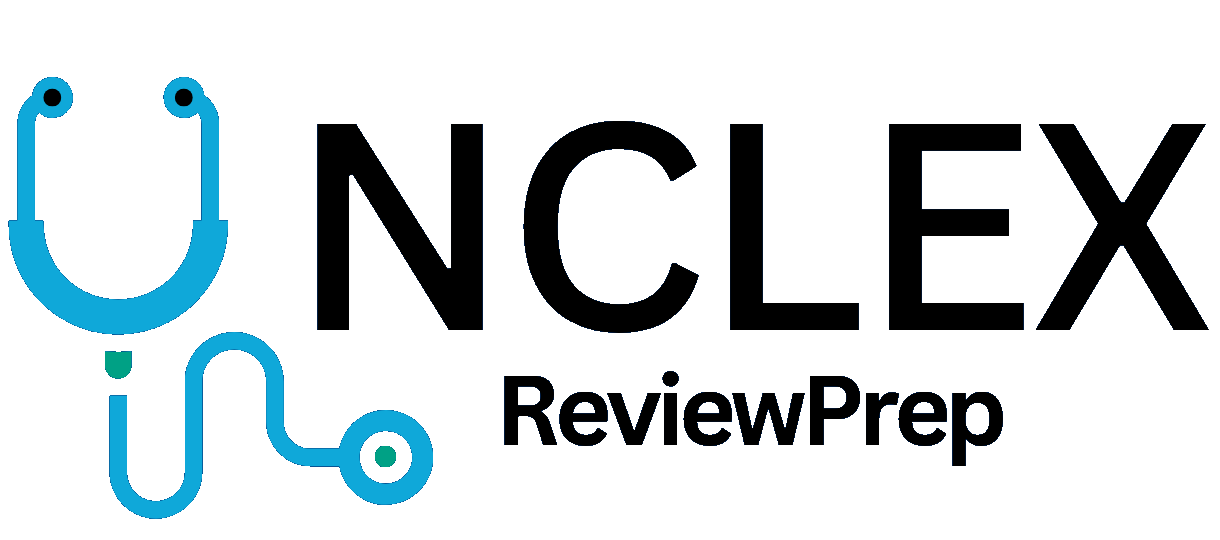
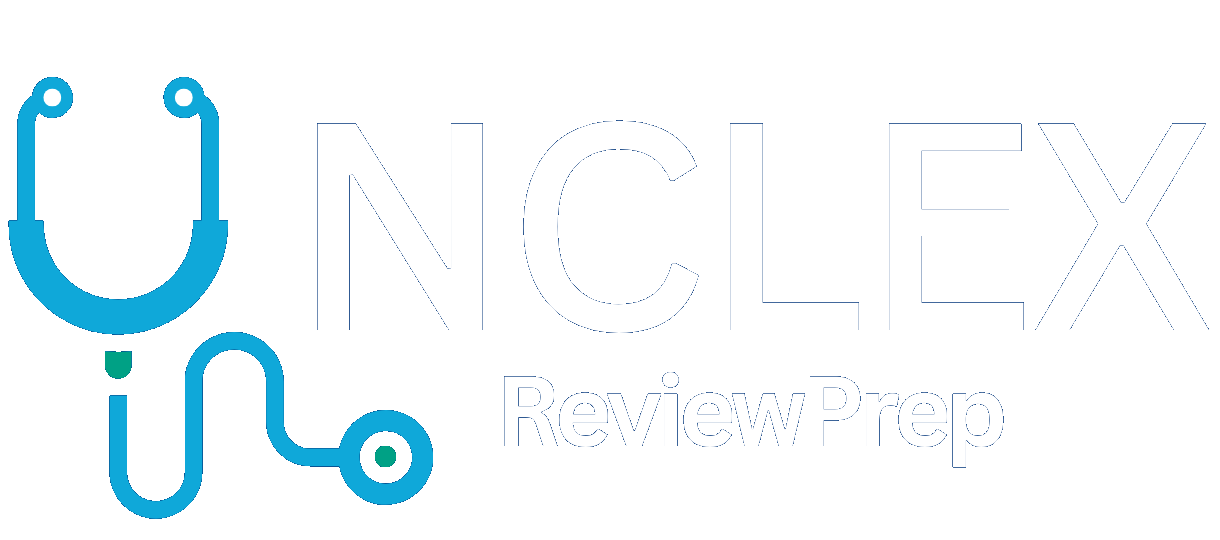
Pingback: How to Register for NCLEX in 4 Simple Steps. Don't Miss #4!